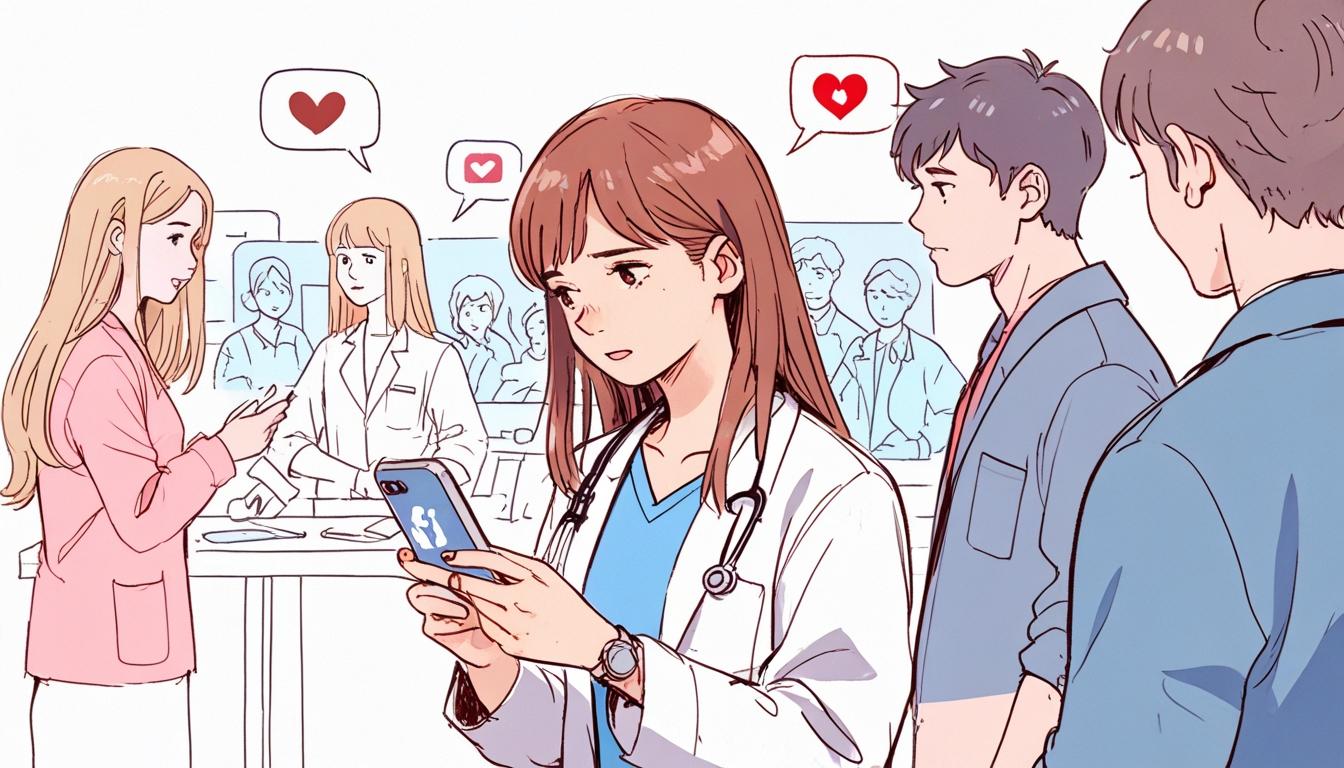A recent report released by the Edelman Trust Institute reveals a significant decline in trust in healthcare information provided by professionals, particularly among young people aged 18 to 34. The study, which surveyed over 16,000 individuals across 16 countries, highlights an increasing trend of younger demographics favouring health advice from friends, family, and social media over that of healthcare professionals (HCPs).
According to the findings, 45% of young people reported disregarding medical information from healthcare providers, relying instead on input from friends and family. Additionally, 38% took health advice from social media, representing a year-over-year increase of 13 and 12 percentage points respectively. Over half of these young respondents admitted to making regrettable health decisions based on misinformation, with social media being identified as the primary source.
Courtney Gray Haupt, global health co-chair and U.S. chair at Edelman, expressed surprise at these developments. Speaking to PR Week US, she said, “This was really surprising to see. It is a real indicator that young people are turning away from academic credentials.” Haupt suggested that young people are increasingly valuing lived experience related to health conditions at the same level as formal medical knowledge.
The report points to a growing desire among younger patients for more empathy and connection in healthcare discussions. Haupt explained that friends, family, and social media often provide a more personal, storytelling-based approach, which may address a gap felt by patients when interacting with medical professionals. She added, “People are looking for a sense of trust from their providers,” and recommended that healthcare professionals incorporate more relatable storytelling into their communications.
Further findings revealed that 66% of participants expect health experts to understand their personal needs and to engage in discussions that include the nuances of their experiences. To foster better connections, Haupt suggested leveraging patient advocates and community forums.
Trust in healthcare-related media has also diminished sharply since 2019, with nearly 60% of respondents expressing concerns that journalists deliberately mislead the public about health information. Trust in health institutions, businesses, NGOs, and the government remains low, with government trust in providing accurate health information at only 46%, marginally higher than trust in the media.
The report also noted how politics is growing as a dividing factor in health advice. Nearly half of young respondents said they would not trust a healthcare provider’s advice or would cease consultations unless the provider shared their political views, a 5% increase from the previous year.
To address these challenges, Haupt recommended that healthcare professionals intensify efforts to communicate with empathy and to engage through local channels such as NGOs, health leaders, and community forums. “There is a lot of work to do, but we can get to a place where it can be better,” she said.
The Edelman Trust Institute’s comprehensive study underlines important shifts in the landscape of healthcare communication, highlighting the need for a more nuanced and empathetic approach to rebuilding trust with younger generations.
Source: Noah Wire Services
